Scientifically explain the difference between optimist and pessimist
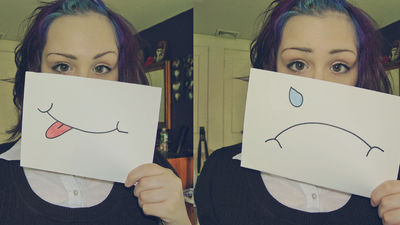
ByZoe
When I saw a glass half filled with water, the optimist says "half of the glass is filled with water," a pessimist says "half of the glass is sky". Even for the same things, it is quite different conclusion between optimist and pessimist, but why does it divide into optimist and pessimist by people? Which is more proportionate, optimistic / pessimistic Scientifically, it explains what kind of influence the way of thinking has on life.
Is This Glass Half Empty? - YouTube
Even if the same amount of water is poured into a glass, the impression is changed by 180 degrees depending on the person "There are still half left" and "There is only half as much", but "optimist" "pessimism Scientific explanation is made based on the results of recent research on the two views of life, that is, "theorists".

According to a study, two "AlleleThere is a report that the length of "influences human's way of thinking. People with long alleles tend to be positive thinking, while those with short alleles are more prone to negative thinking.

This includesOxytocin receptorIt seems that genetic mutation in influenza virus is also affected, concretelyGuaninePeople who have copies of them tend to be highly optimistic and optimistic,AdenineThere is a result that it is difficult for people who have copies of them to become optimists.
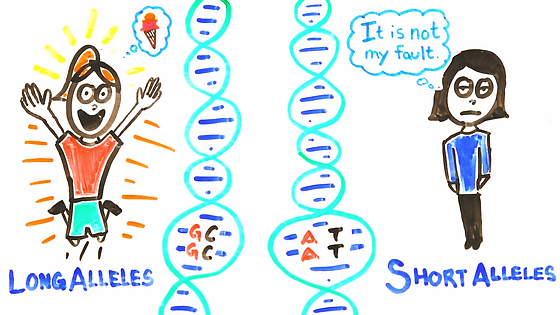
Also, it is suggested that optimistists are less likely to be re-hospitalized after undergoing coronary artery bypass surgery, and their academic performance and socio-economic status are high ... ...
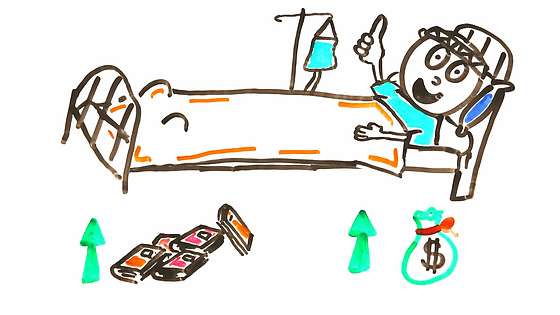
On the other hand, optimistists overestimate their abilities and tend to underestimate the risk.
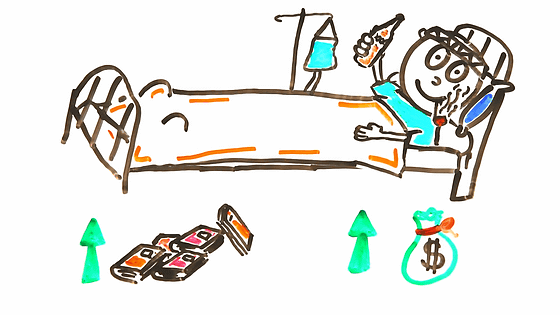
Since pessimists against the world have a realistic viewpoint and way of thinking, it is said that the planning of future life design is high.
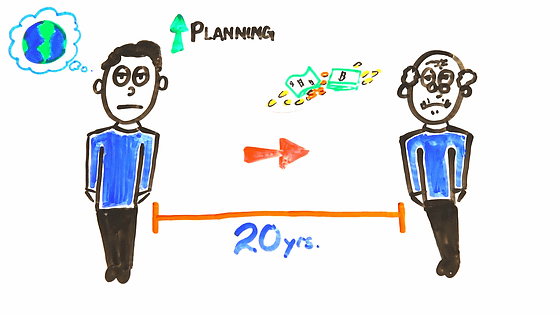
According to a long-term study over 20 years, pessimists carefully deal with their own health and property, so many people take actions to avoid smoking and excessive drinking, and it is pessimist who ultimately live long.
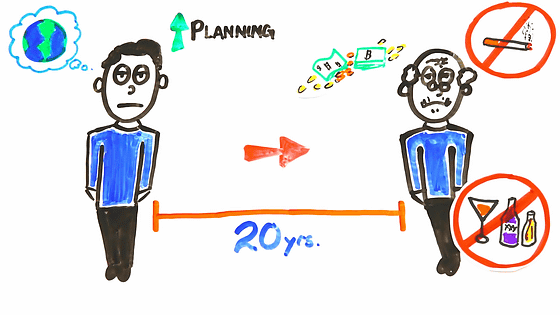
However, statistically, humans tend to be more inclined to optimistic theory. This is overestimating good events and trying to alleviate stress by neglecting bad eventsOptimist biasBecause it is said that 80% of human beings have it.
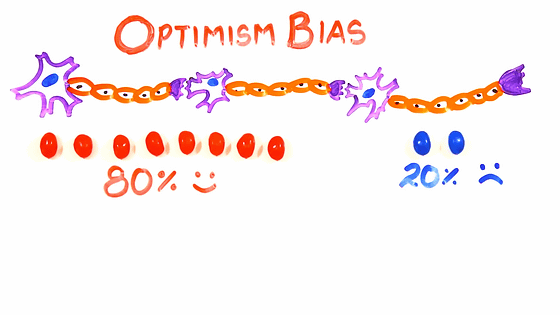
In any country the divorce rate never goes to zero percent, but the newlywed couple seems to think "they never divorce."
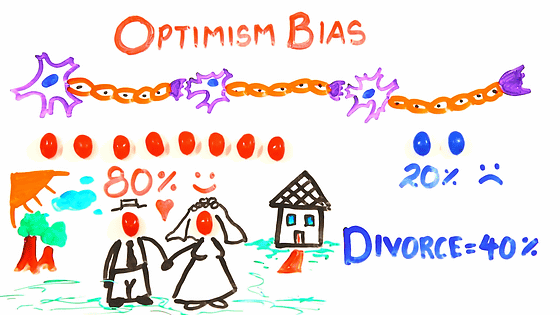
Also, monitoring the activities of the brain shows that the left brain is activated when imagining a good event, and the right brain is activated in case of a bad event. However, since the degree of activation of the right brain is moderate than that of the left brain, poor information indicates that it is shunned by filtering in the brain.
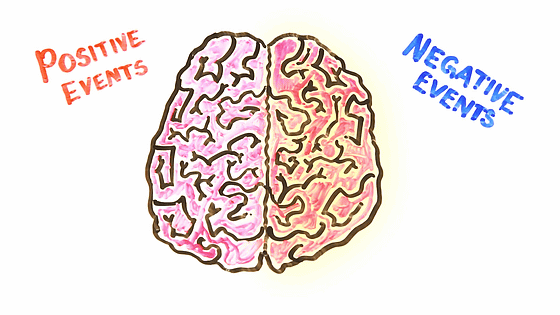
Related Posts:







